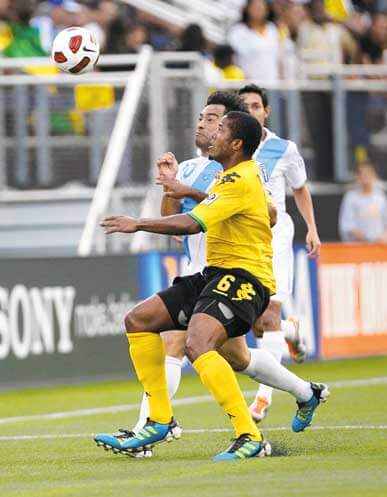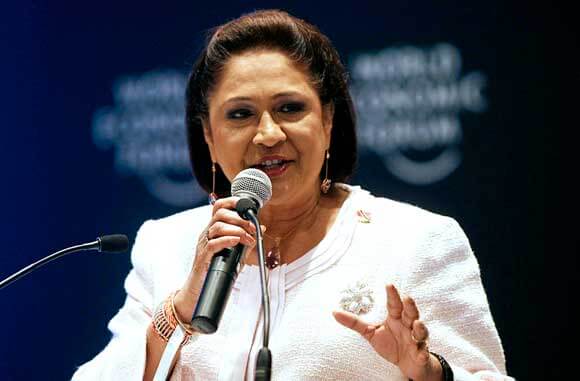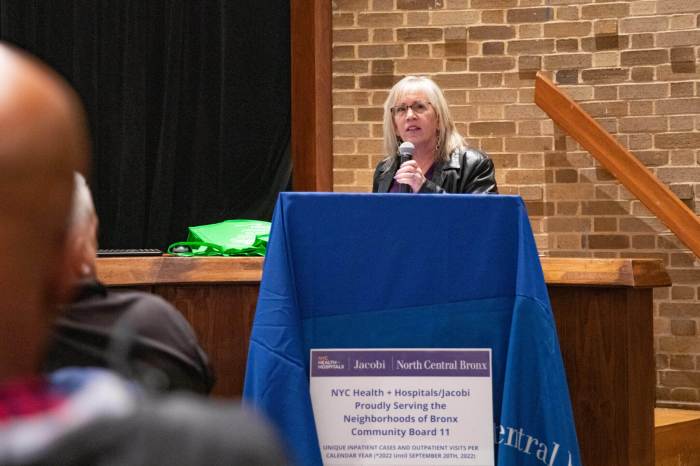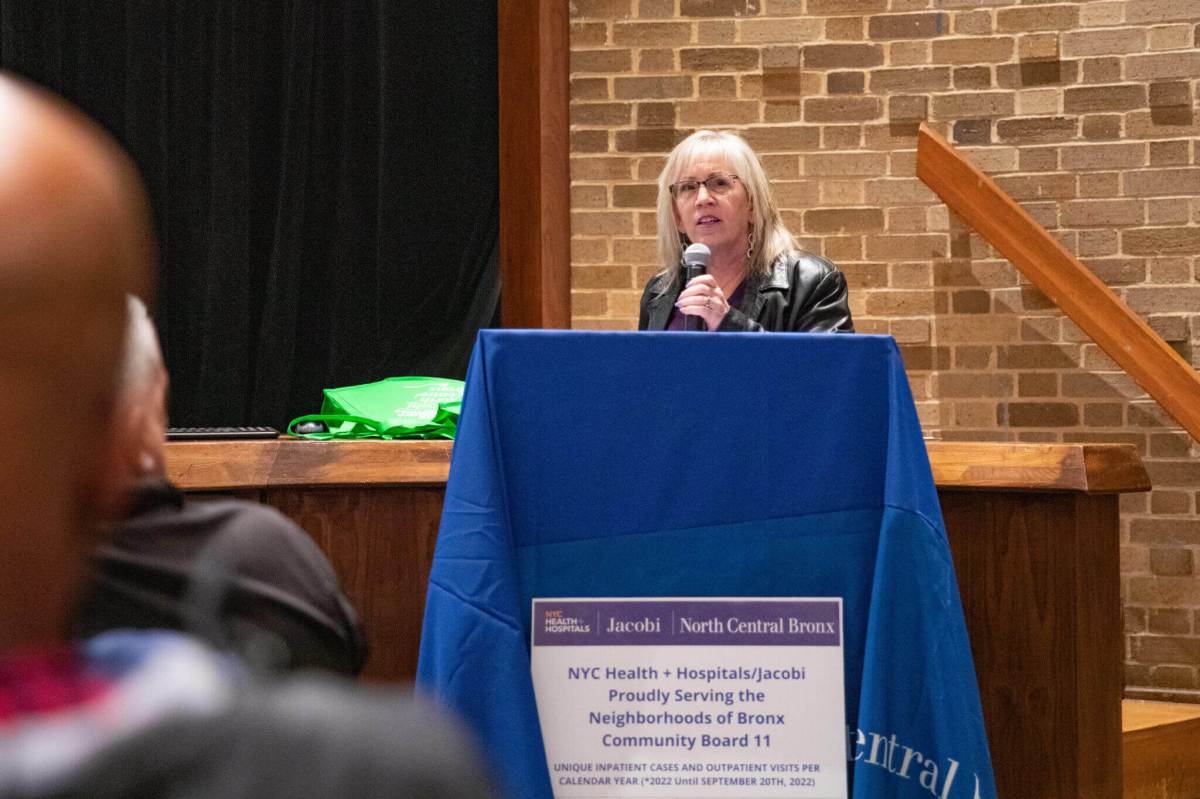Just over two years ago, CONCACAF (Confederation of North Central, Central America and the Caribbean), one of six FIFA confederations which make up football’s (soccer’s) worldwide network configuration and most importantly, governs soccer in this region, was in turmoil. The region was engrossed in a bribes-for-votes scandal just before FIFA presidential elections in 2011 which resulted in the resignation of Jack Warner, then president of CONCACAF.
Warner was also banned for life from all soccer activities. Jeffery Webb, a banker from the Cayman Islands eventually was elected president and has made a stark difference for the better. Since taking office about a year ago, Webb has restored a positive atmosphere in CONCACAF by addressing issues of integrity, development and inclusion.
One of the first committees formed under Webb was the three-man Integrity Committee last September, led by its chairman Sir David Simmons, a prominent Barbadian lawyer and former chief justice and two-time appointee as Barbados’ attorney general. Simmons and his prominent colleagues – which includes Ernesto Hempe, a prominent accountant and the Hon. Ricardo Urbina, a New Yorker and former U.S. District Court Judge in Washington DC – were to “assist us in the fulfillment of our vision; building a powerful structure of integrity, transparency and accountability to allow our region to grow,” said Webb about the much-needed and probably the most important committee to restore honesty and belief in CONCACAF.
The CONCACAF president soon after announced the formation of a Finance Committee, led by Jamaica’s Football (Soccer) Federation President Capt. Horace Burrell, to “focus on monitoring and giving oversight to the Confederation’s financial management. The work of this committee will add to the growing list of governance reforms being implemented by the organization as it works to ensure accountability in all operations,” according to the CONCACAF president, adding that, “Solid oversight is necessary to ensure that CONCACAF is able to focus its resources and energy on developing the game of football in our region and supporting our great teams.”
Webb also tackled the most important aspect in CONCACAF – the game itself. “Development is at the core of CONCACAF’s priorities as our goal is to see the quality of play reach the highest attainable level in our region,” said Webb. “As part of this essential task, we have invited Mr. Salcedo to be a key player in the evolution of the development of football within our Confederation.”
Again, the methodical Webb seems to have an acute understanding of soccer administration and is proving to be the savior of a Confederation that had lost its way. He recently appointed American Hugo Salcedo, Confederation’s director of development. The former U.S. Olympic and Pan American player has experience working with FIFA, the sports governing body, and with the USSF (U. S. Soccer Federation). Salcedo is in charge of overseeing the development of the game. It includes development of coaches through numerous courses.
“In my long quest to be an integral part of the development of this region, I trust my skills and vast expertise will contribute to the expansion and advancement of the sport within the CONCACAF region,” said Salcedo. “It is a privilege to be an intrinsic part of a motivated team of professionals led by such visionary leadership.”
The new president took on the initiative to expand the regional game. He recently chaired a meeting in Martinique that was geared toward making the French Caribbean a permanent part of the Confederation. Martinique, Guadeloupe, St. Martin and French Guyana are being made full members of CONCACASF. Webb recently stepped in to help settle a major dispute that threatened a breakdown in Guyana soccer. He did the same when he visited Trinidad and Tobago recently as well in that country’s dispute between the federation and the 13 players from the 2006 World Cup that still has not been paid.
Sportsnet of Canada recently agreed to a major broadcast deal with the regional body to obtain the rights for broadcast in Canada to seven of the confederation’s properties, including the 2013 and 2015 CONCACAF Gold Cups. The deal runs through 2016.
Webb clearly instills a measure of professionalism, honesty and hope that makes one believe in a bright future for soccer in the CONCACAF region.
























